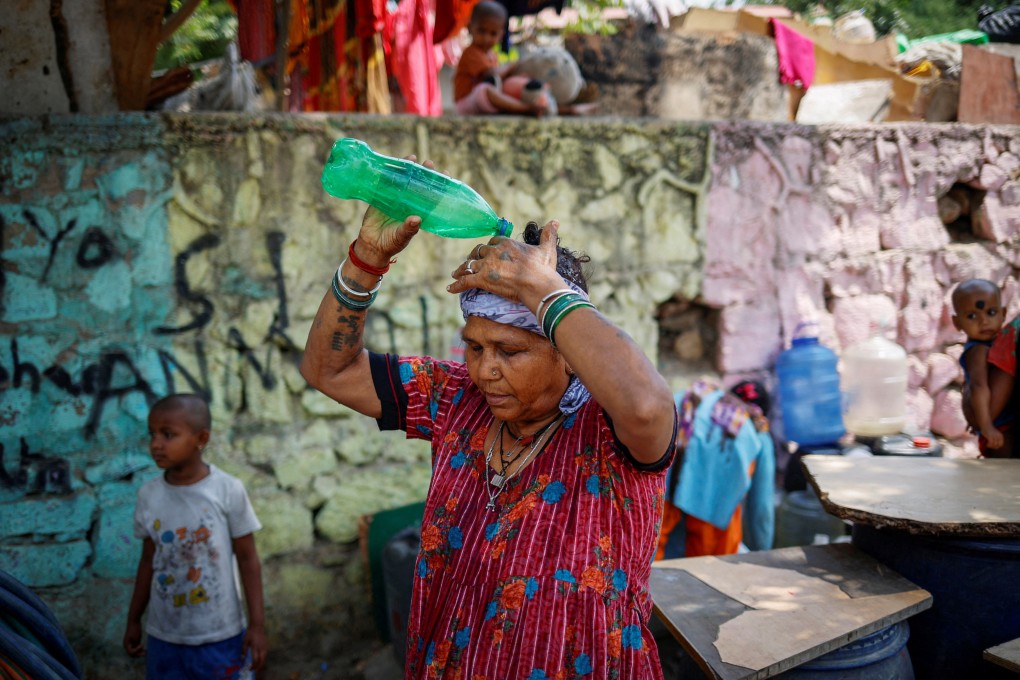Advertisement
Opinion | Developing nations suffer for rich world’s climate complacency
- If leading central banks can grow their balance sheets by billions of dollars during the pandemic, they can do the same to fight global warming
Reading Time:3 minutes
Why you can trust SCMP
1

Last year was the hottest summer on record and, while this summer is not over yet, it feels like it will break last year’s record. My air-conditioning bill has gone up because the nights are hotter. In May, India experienced a record heatwave with temperatures nearing 50 degrees Celsius (122 degrees Fahrenheit).
Advertisement
As I flew into Mongolia’s capital Ulaanbaatar this week, I was made aware that the country had experienced a nearly 2.3-degree increase in average temperature in the past 80 years, double the global average. The warming climate is affecting Mongolia with a decline in precipitation causing drought, desertification and soil erosion.
For a country of about 3.4 million people that accounted cumulatively for only 0.04 per cent of global carbon emissions in 2022, Mongolia is suffering from global warming through external factors rather than internal ones. The current dzud – a period of extreme weather that prevents livestock from accessing pastures – is estimated to have killed 5.2 million heads of livestock, or more than 8 per cent of the country’s total.
One might think there would be some form of global insurance or assistance for small countries that suffer the effects of climate change through no fault of their own.
Multilateral agencies such as the World Bank or Asian Development Bank (ADB) are trying their best, but according to the International Budget Partnership, the primary constraint holding back Mongolia from meeting its UN Sustainable Development Goals (SDGs) is budgetary concerns. More than a quarter of the country’s people live below the poverty line, and the government needs external aid to deal with climate change.
Advertisement
In June, the United Nations estimated that, as of last year, only 16 per cent of its SDGs to deal with global poverty and climate change by 2030 had been met. The annual investment gap for developing countries to meet their SDGs has been estimated as up to US$4 trillion, but official development aid to developing countries was only US$223.7 billion worldwide in 2023. Rich nations pledged in 2009 that they would provide US$100 billion for developing countries to deal with climate change, but that pledge remains unfulfilled.

Advertisement
